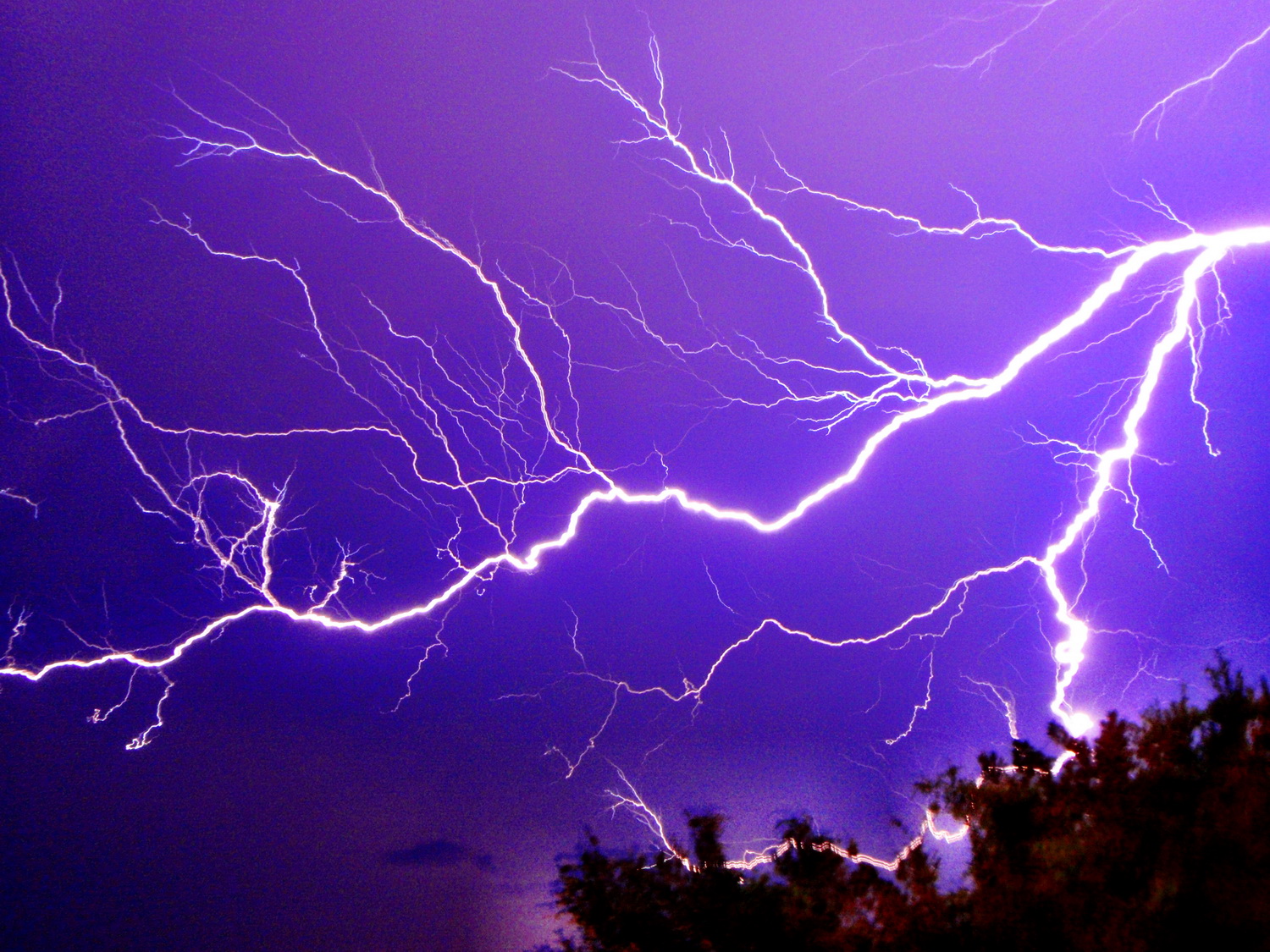A U.S. and Canadian proposal to protect the Internet from new international regulation has failed to win prompt backing from other countries, setting up potentially tough negotiations to rewrite a telecom treaty.
The U.S. is leading calls to reject possible new codes on the Net by the International Telecommunications Union, a 193-nation body making its first major oversight revisions in nearly 25 years. U.S. representatives held meetings Tuesday on the proposal to take all Internet-related discussions off the table
Google and Mozilla have warned that proposed changes to international telecommunications rules, currently being discussed in Dubai under the auspices of the U.N.’s International Telecommunications Union, present a threat to Internet freedom.
Sir Tim Berners-Lee – inventor of the world wide web – is the latest voice to raise concerns. He spoke of concerns that some attendees would push for a UN agency to “run the internet” rather than leaving it to groups already “doing a good job”
Among the proposals being considered is a clause put forward by Russia which says: “Member states shall have equal rights to manage the internet, including in regard to the allotment, assignment and reclamation of internet numbering, naming, addressing and identification resources and to support for the operation and development of basic internet infrastructure.”
Another proposal made by India and some countries in Africa and the Middle East involves allowing telecom operators to charge Internet-content companies a premium for internationally transmitting data. They say that this could help telecom companies fund the cost of upgrading networks as data use surges from smartphones capable of streaming video.
But regulations likely to come up soon are far reaching with signification ramifications, ranging from changes to the way web addresses like “.com” are distributed to charging websites for sending information (for example, a company like Google or Amazon could be required to pay cable companies a charge every time someone used their site.)
The U.S. does not have veto power over resolutions adopted at this U.N. conference, but it does have the right not to implement regulations that are adopted.
The current rules that guide web traffic were set not by any government, but rather by programmers around the world who agreed on basic rules.



